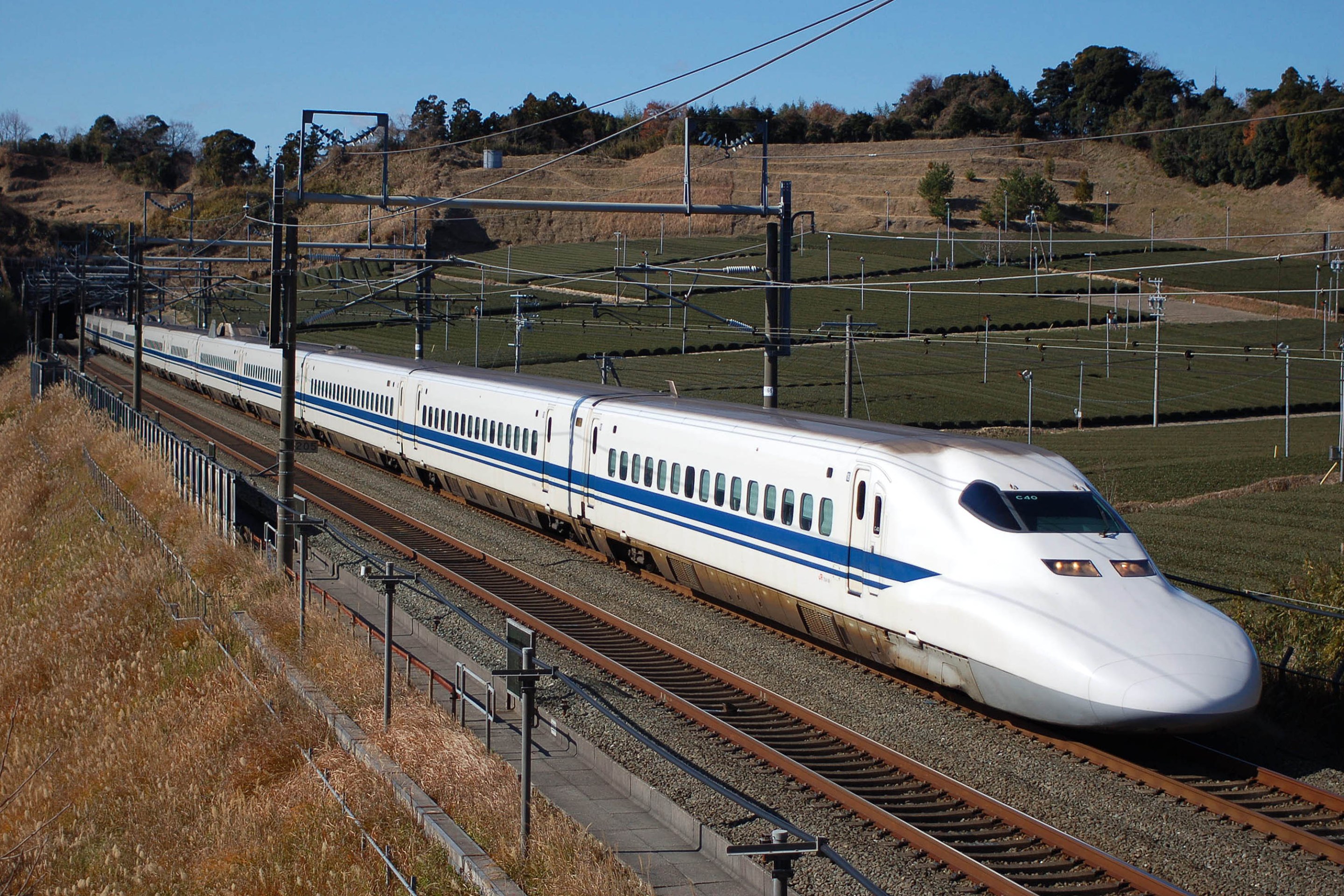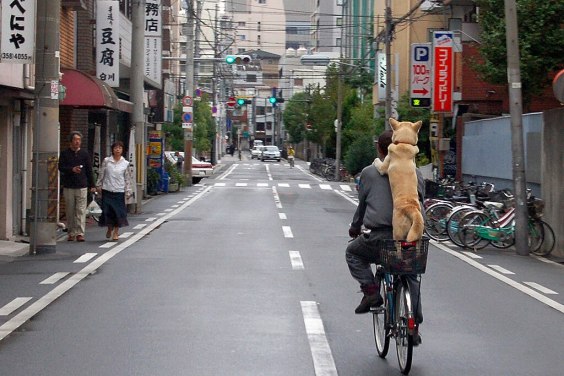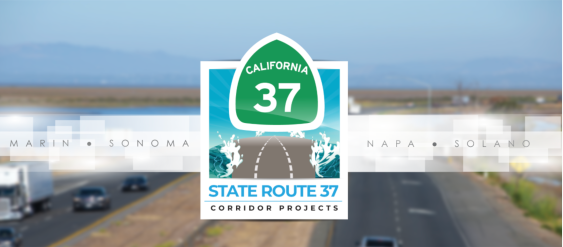 Bike lanes
Bike lanesare going in on Pennsylvania Avenue — and that makes some motorists mad.
(Photo: Eric
Gilliland via Flickr)
In the last couple of days, several of our Washington, D.C.-area
contributors have been writing about anti-cycling rhetoric coming from
the local AAA chapter.
AAA Mid-Atlantic has been obliging reporters looking for inflammatory
quotes in response to new bike lanes on Pennsylvania Avenue, reports Greater
Greater Washington — even as the national office for the automobile
drivers’ association urges its member to share the road with cyclists,
in honor of National Bike Month. Greater Greater Washington writes:
AAA Mid-Atlantic is, as usual, taking the reflexively anti-bicycle
position without really backing it up. But they don’t need to to get in
the paper; they’ve realized that if they just say pithy things, they get
quoted. No need to actually argue whether the lanes will slow down
drivers’ commutes, which DDOT says even the traffic models say won’t
happen as Pennsylvania in this area is wider than it needs to be.
You’ll find much more coverage of the story from WashCycle here,
here
and here.
DC
Bicycle Transportation Examiner rounds up some of the research that
shows the Pennsylvania Avenue lanes will likely not result in the dire
congestion AAA Mid-Atlantic predicts.
It is perhaps not very surprising that the installation of bike lanes
on one of the nation’s most iconic boulevards would make knee-jerk auto
advocates angry. The same thing happened with the pedestrianization of
Times Square. But as WashCycle points out, reporters for the mainstream
media need to pick up the phone and call some other sources — like the Washington Area Bicyclist Association,
whose spokespeople could articulate all the reasons that new bike lanes
don’t mean the end of the world for drivers.
More from around the network: EcoVelo
on the virtues of friction versus indexed shifting — the bike
equivalent of stick versus automatic. UrbanCincy
reports on Cincinnati’s goal to double the number of people riding
bicycles by 2015. And Riding
in Riverside wants the mainstream media to make the connection
between our appetite for travel by automobile and all that oil gushing
into the Gulf of Mexico.





